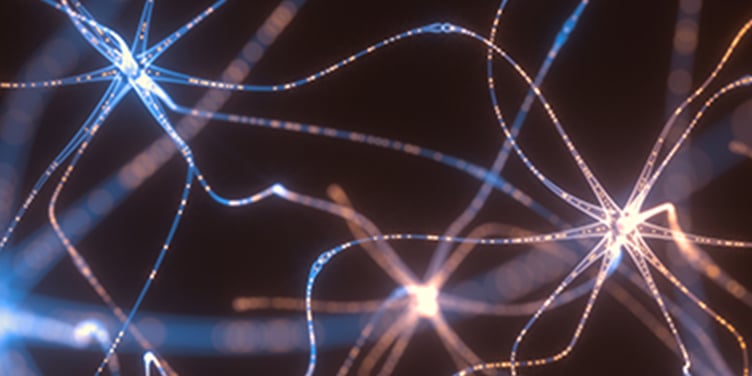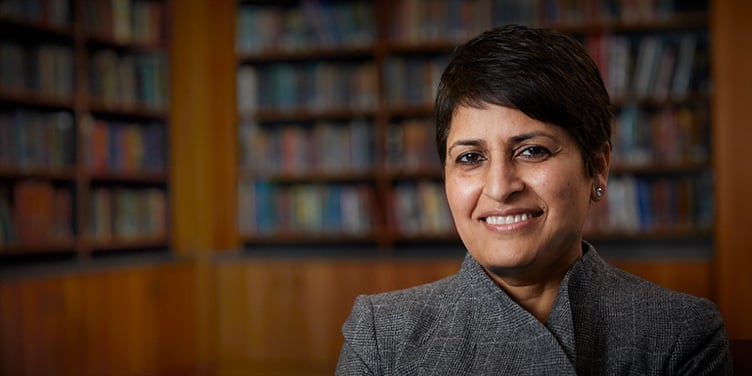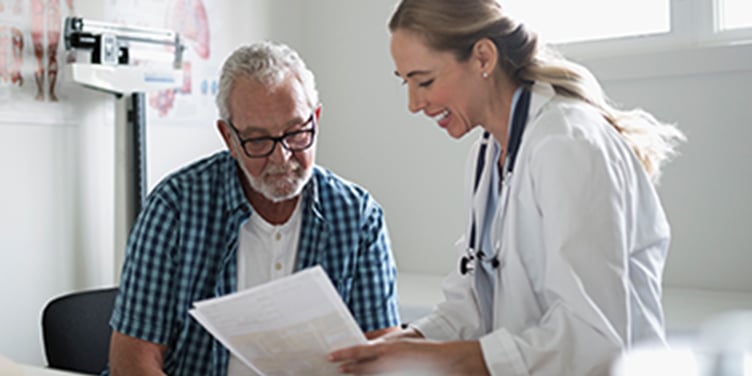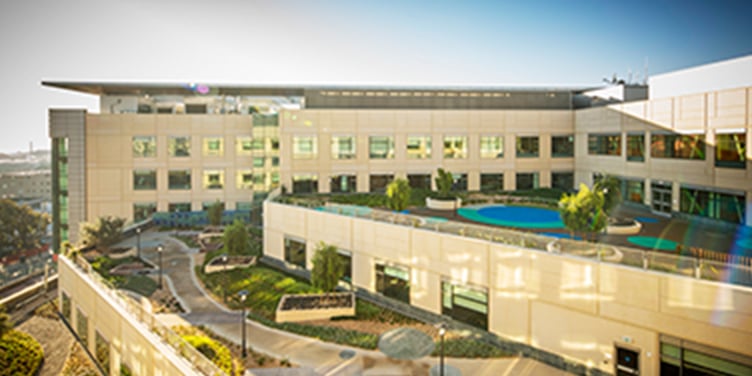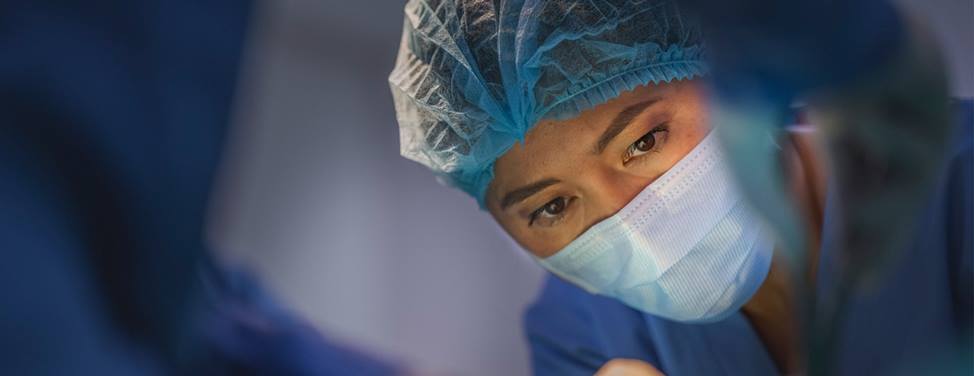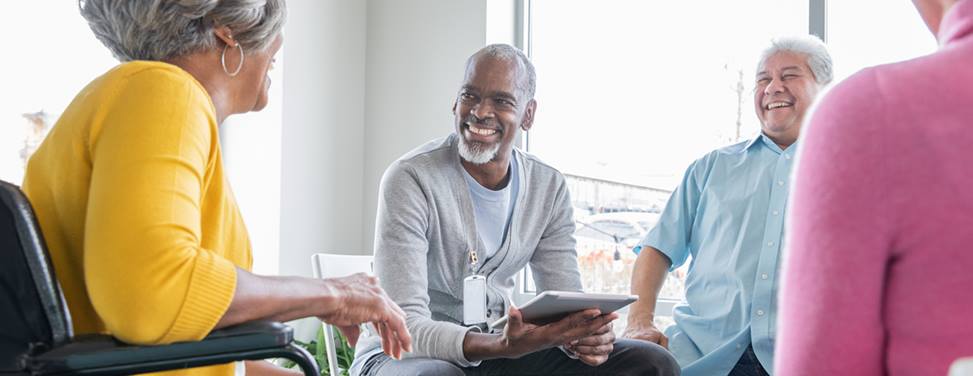Emphysema

Overview
When you breathe, air travels to your lungs through airways called bronchi. The bronchi divide into smaller airways, called bronchioles, which end in clusters of tiny air sacs, called alveoli. Emphysema, the fourth leading cause of death in the United States, affects the walls of the millions of tiny air sacs in the lungs, which become inflamed and lose elasticity, causing the bronchioles to collapse. As a result, air becomes trapped in the air sacks, which become overstretched and may rupture, greatly affecting a person's ability to breathe normally.
The leading cause of emphysema is cigarette smoking. Other risks factors include air pollution, occupational exposure to dust and chemicals, frequent lower respiratory infections and second hand smoke. In rare cases, the genetic disorder alpha-1 antitrypsin (AAT) deficiency causes emphysema.
Emphysema is a type of chronic obstructive pulmonary disease (COPD), a group of lung conditions that cause permanent blockage of airflow in the lungs.
Our approach to emphysema
UCSF offers comprehensive evaluations and care for all types of COPD. When treating emphysema, we aim to ease symptoms, slow progression of the disease and prevent complications.
Treatment options include medications, supplemental oxygen and, for patients with AAT deficiency, AAT infusions. We also offer pulmonary rehabilitation, a multifaceted program that provides nutrition and exercise counseling, help in quitting smoking and education on how to stay as healthy as possible. Some patients may benefit from surgery to remove small portions of damaged lung or from lung transplantation. UCSF is currently the top lung transplant program in the U.S. for higher-than-expected patient survival rates and graft survival rates (ongoing function of the transplanted lungs).
In addition to caring for patients, we lead research to improve the understanding and treatment of COPD. Interested patients may have the option to try experimental treatments by participating in a clinical trial.
Awards & recognition
-

Among the top hospitals in the nation
-
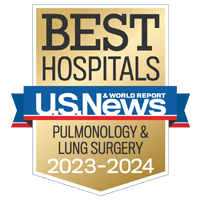
No. 8 in the nation for pulmonology & lung surgery
-
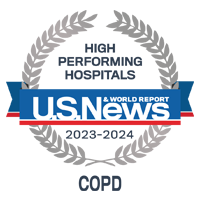
Rated high-performing hospital for COPD
Signs & symptoms
A person with emphysema will have shortness of breath — during physical activity and, when the condition is more advanced, also during rest. Patients may eventually need supplemental oxygen and may have to rely on mechanical respiratory devices.
Other symptoms of emphysema include:
- Chronic cough
- Frequent respiratory infections
- Reduced appetite
- Weight loss
- Fatigue
Diagnosis
In making a diagnosis of emphysema, your doctor will start by conducting a thorough medical examination, recording your medical history and asking about any symptoms you are experiencing.
The following tests may then be conducted to make a definite diagnosis:
- Pulmonary function testing (PFT). This test involves a series of breathing maneuvers that measure the airflow and volume of air in your lungs. This allows your doctor to objectively assess the function of your lungs.
- High resolution computed tomography (HRCT). This is a special type of CT scan that provides your doctor with high-resolution images of your lungs. Having a HRCT is no different than having a regular CT scan; they both are performed on an open-air table and take only a few minutes.
- Chest X-Ray. Chest X-rays can help confirm a diagnosis of emphysema and rule out other lung conditions.
- Arterial blood gases analysis. These blood tests measure how well your lungs transfer oxygen to your bloodstream and remove carbon dioxide.
- Sputum examination. Analysis of cells in your sputum can help determine the cause of some lung problems.
Treatments
The goal of therapy for emphysema is to provide relief of symptoms, prevent complications and slow the progression of the disease. Quitting smoking is also essential for patients with emphysema, since continuing to use tobacco will only further damage the lungs. Our Tobacco Education Center offers classes as well as individual consultations with doctors trained in treating tobacco addiction. We help smokers maximize the likelihood of success in their efforts to quit.
Medications
Bronchodilator medications
Inhaled as aerosol sprays or taken orally, bronchodilator medications may help to relieve symptoms of emphysema by relaxing and opening the air passages in the lungs.
Steroids
Inhaled as an aerosol spray, steroids can help relieve symptoms of emphysema associated with asthma and bronchitis. Over time, however, inhaled steroids can cause side effects, such as weakened bones, high blood pressure, diabetes and cataracts. It is important to discuss these side effects with your doctor before using steroids.
Antibiotics
Antibiotics may be used to help fight respiratory infections common in people with emphysema, such as acute bronchitis, pneumonia and the flu.
Vaccines
Patients with emphysema should receive a flu shot annually and pneumonia shot every five to seven years to prevent infections.
Oxygen therapy
As a patient's disease progresses, they may find it increasingly difficult to breathe on their own and may require supplemental oxygen. Oxygen comes in various forms and may be delivered with different devices, including those you can use at home.
Surgery or lung transplant
Lung transplantation may be an option for some patients with emphysema. For others, lung volume reduction surgery, during which small wedges of damaged lung tissue are removed, may be recommended.
Protein therapy
Patients with emphysema caused by an alpha-1 antitrypsin (AAT) deficiency may be given infusions of AAT to help slow the progression of lung damage.
Pulmonary rehabilitation
An important part of emphysema treatment is pulmonary rehabilitation, which includes education, nutrition counseling, learning special breathing techniques, help with quitting smoking and starting an exercise regimen. Because people with emphysema are often physically limited, they may avoid any kind of physical activity. However, regular physical activity can actually improve a patient's health and wellbeing.
UCSF Health medical specialists have reviewed this information. It is for educational purposes only and is not intended to replace the advice of your doctor or other health care provider. We encourage you to discuss any questions or concerns you may have with your provider.

